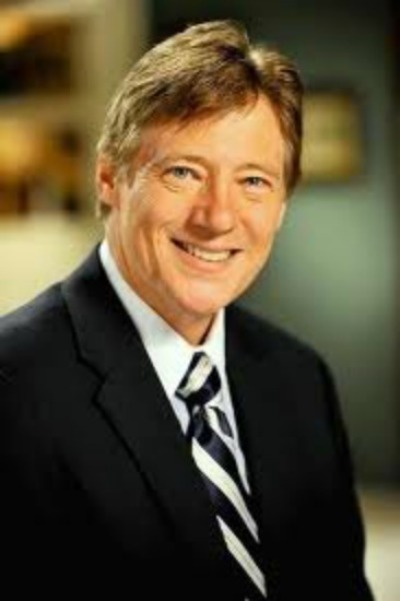The Thunderstorm that Changed Martin Luther's Life

The namesake of Martin Luther King, Jr. was an Augustinian monk who lived 500 years ago. On October 31, 1517, he revolutionized history by disagreeing with some corrupt practices of the Catholic Church at the time.
As a guest on the recent PBS special on Martin Luther at 500, Cardinal Timothy Dolan, Archbishop of New York, said, "The stars were aligned for a perfect storm. And that's what we got with the genius of Martin Luther." He also said, "It was the striking of a match, creating a bonfire — the flames of which are still burning."
Martin Luther did not attend the positive thinking school of theology with its positive affirmations. After his movement to get back to the Bible began to have followers, he made a statement against using his name for any church — because by his own account he was not worthy, but was instead "a poor stinking bag of maggots."
But the Reformation changed world history. Luther did a lot to get the Word of God into the hands of the people. He translated the Bible in German, and that translation helped transform the German language. He did a great deal to promote greater use of music in the church, with emphasis on the congregation singing God's Word in song. He also promoted Christian marriage and the family.
His movement helped spread literacy and create more schools for the common people, so that they could read the Bible for themselves. He emphasized how everyday work can be a holy calling and helped revolutionize the economy through the Protestant work ethic. The Reformation also had impact on government, moving toward more representation of the people. For example, 98.4 percent of American colonists at the time of American independence were professing Protestants.
And it all gets back to a thunderstorm in Germany in 1505.
Martin Luther was studying law at a university. And he was terribly frightened by a bolt of lightning that came near him. He cried out, "St. Anne, help me! I will become a monk!" St. Anne was the patroness of miners — and Luther's father was a successful miner, who became upset at his son's new direction.
Luther pursued being a monk very diligently. He said, "If ever a monk were to get to heaven by this monkery, it would be I." He would whip himself raw to try and appease the wrath of God. He once said, "The most damnable and pernicious heresy that has ever plagued the mind of man was the idea that somehow he could make himself good enough to deserve to live with an all-holy God."
He confessed his sins regularly — up to six hours on one occasion. Finally his confessor said: "Look here, if you expect Christ to forgive you come in with something to forgive — parricide, blasphemy, adultery, instead of all these peccadilloes." But Luther understood that in the eyes of a holy, just God, there were no tiny sins — that all sin warranted God's condemnation.
Eventually, through the study of the Scriptures, Luther saw that the just shall live by faith — that he could only be declared justified before God through faith in Jesus.
Luther said, "The sin underneath all our sins is to trust the lie of the serpent that we cannot trust the love and grace of Christ and must take matters into our own hands."
He became upset when he saw the practice of selling indulgences to raise money. The idea was that your loved ones could get out of purgatory (the entire concept of which Luther eventually rejected as unbiblical) earlier if you donated enough money.
In order to spark an academic debate, Luther wrote against this money-making scheme. He wrote 95 theses against this practice and other abuses, and on October 31, 1517, he nailed this document (written in Latin) on the Cathedral door in Wittenberg, Germany.
But someone translated his objections into German and through the newly invented printing press, helped spread Luther's ideas all around. When at a large church council in 1521, it was demanded of him that he recant, he famously replied: "Unless I am convinced by the testimony of the Holy Scriptures or by evident reason — for I can believe neither pope nor councils alone, as it is clear that they have erred repeatedly and contradicted themselves — I consider myself convicted by the testimony of Holy Scripture, which is my basis: my conscience is captive to the Word of God. Thus I cannot and will not recant, because acting against one's conscience is neither safe nor sound. God help me. Amen."
Luther said, "I simply taught, preached, and wrote God's Word; otherwise I did nothing .... The Word did it all." Not a bad observation from an alleged "stinking bag of maggots."





























